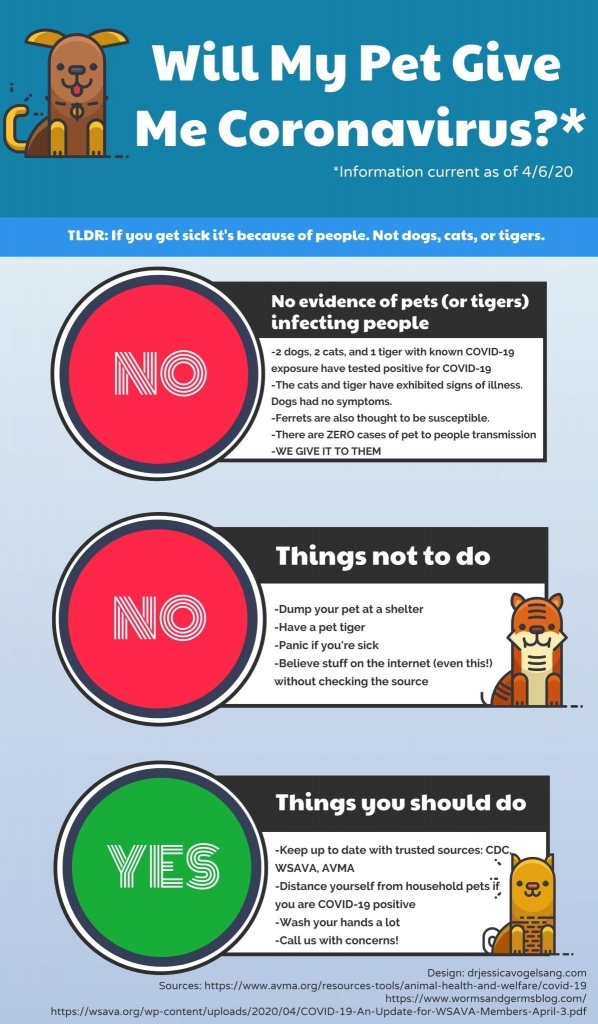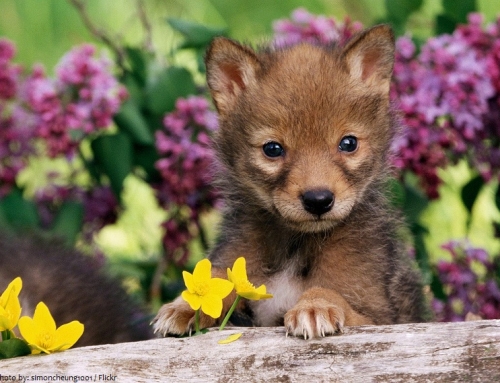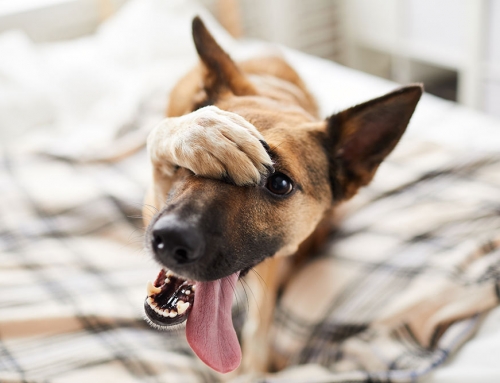Here are some general questions and answers I have been asked and hopefully will help guide you through the minefield of information right now on the COVID-19 and how it affects your pets.
In general, do we have to worry when we get the flu or cold about giving it to our cat or dog and specifically what about COVID-19?
Normally viruses are species-specific which means that they stay in the species and don’t cross over so you won’t give your dog or cat your flu and visa verse. With COVID-19 it is a new or novel coronavirus that we believe originated in an animal and jumped species and started spreading person-to-person in China. However, to date, the CDC has not received any reports that pets or other animals becoming sick with COVID-19 and there is no evidence that they might be a source of infection or can spread it.
Can pet serve as fomites in the spread of COVID-19
COVID-19 is usually primarily transmitted when there is contact with an infected person’s bodily secretions, such as saliva or mucus droplets in a cough or sneeze. COVID-19 might be able to be transmitted by touching a contaminated surface or object (i.e., a fomite) and then touching the mouth, nose, or possibly eyes, but this appears to be a secondary route. Smooth (non-porous) surfaces (e.g., countertops, doorknobs) transmit viruses better than porous materials (e.g., paper money, pet fur), because porous, and especially fibrous, materials absorb and trap the pathogen (virus), making it harder to contract through simple touch. Because your pet’s hair is porous and also fibrous, it is very unlikely that you would contract COVID-19 by petting or playing with your pet. However, because animals can spread other diseases to people and people can also spread diseases to animals, it’s always a good idea to wash your hands before and after interacting with animals; ensure your pet is kept well-groomed; and regularly clean your pet’s food and water bowls, bedding material, and toys.”
Should I avoid contact with pets or other animals if I am sick with COVID-19?
Yes, you should restrict contact with pets and other animals while you are sick with COVID-19, just like you would around other people. When possible, have another member of your household care for your animals while you are sick and avoid contact with your pet, including petting, snuggling, being kissed or licked, and sharing food. If you must care for your pet or be around animals while you are sick, wash your hands before and after you interact with pets and wear a facemask.
What precautions should be taken for animals that have recently been imported (for example, by shelters, rescue groups, or as personal pets) from China?
Animals imported from China will need to meet CDC and USDA requirements for entering the United States. As with any animal introduced to a new environment, animals recently imported from China should be observed daily for signs of illness. If an animal becomes ill, the animal should be examined by a veterinarian. Call your local veterinary clinic before bringing the animal into the clinic and let them know that the animal was recently in China.
What else can we do to protect our pets?
As always, animal owners should continue to include pets and other animals in their emergency preparedness planning, including keeping a two-week supply of food and medications on hand.
With so many cancellations of events and social distancing, will pet adoptions drop and what will happen to those animals waiting in shelters? Also, do you anticipate more animals being surrendered due to illnesses from the COVID-19?
COVID-19 means shelters are closing to the public and operating with reduced staff so we do feel there will be an increase in pets coming into the shelter and adoptions may be down. Now maybe a great time to get your forever friend and adopt an animal especially if you are working or staying home and you have time to bond and orientate yourself with them and the household. Another option to free up cage space in the shelters is to foster an animal. Fostering a pet typically means that an adoptable animal lives with you temporarily while awaiting a more permanent home. It helps prevent overcrowding in shelters and can be especially helpful for animals that need special care, like very young kittens or puppies.
What are some great in-door toys, games, and activities for pets when their families are quarantined or isolated?
This would be a great time for you and your family members to teach your dog or cat a trick. Take my cat Ricky who I taught to hi-five and it was super easy. You can teach your dog to roll over and even have a contest among family members.






